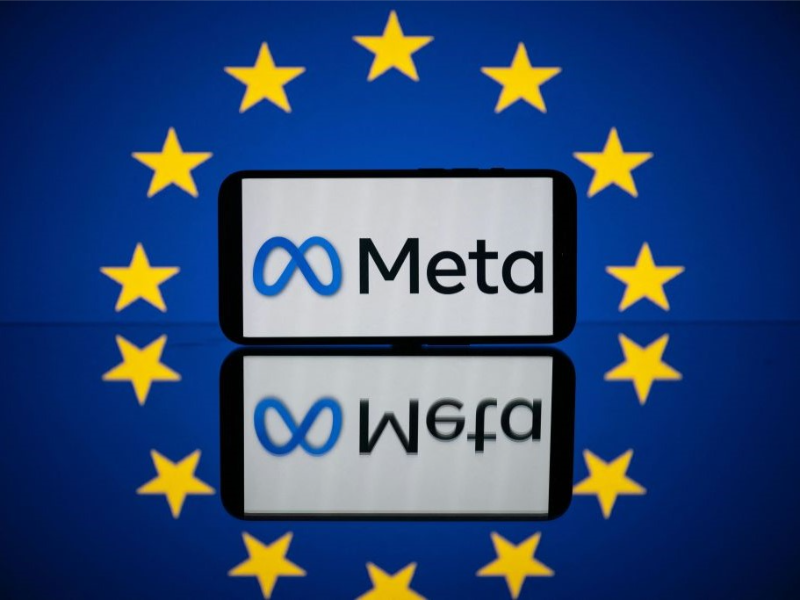- The EU has warned Meta that its “pay or consent” model could be in violation of consumer protection laws, demanding changes by September 1.
- The EU’s Consumer Protection Cooperation has highlighted concerns over Meta’s “free” service description for its platforms, which lacks transparency in regard to user data consent for advertising.
OUR TAKE
Meta, one of the world’s largest social media giants, has recently faced a challenge in the European Union over its “pay or consent” business model. The EU’s Consumer Protection Co-operation Network (CPC) has expressed concern that Meta’s proposed model may violate consumer protection regulations. The controversy not only touches on sensitive issues of privacy and data protection, but also triggers a broader discussion on the sustainability of social media business models.
–Elodie Qian, BTW reporter
What happened
The European Union has set its sights on Meta’s novel approach to monetisation, dubbing its “pay or consent” model potentially in breach of consumer protection laws. The EU’s Consumer Protection Cooperation (CPC) Network states that Meta must revise its strategy by September 1, or risk incurring penalties.
Introduced in the previous year, Meta’s model offers users a binary choice: subscribe to a monthly fee of up to €12.99 ($14.14) for an ad-free experience on Facebook and Instagram, or agree to the collection and utilisation of personal data to facilitate personalised advertising.
The EU has taken issue with what it perceives as an invasion of privacy through data usage, having already imposed charges under the Digital Markets Act and hefty fines under the General Data Protection Regulation (GDPR) for Meta’s international data transfers.
CPC regulators, prompted by consumer advocacy groups, have criticised Meta for employing convoluted language to elucidate the workings of both the paid and “free” versions of its platforms.
They argue that the company’s tactics pressured individuals into making hasty decisions without adequate consideration of the implications. Furthermore, they contend that labelling the ad-free versions as “free” is deceptive, given that users are still required to consent to targeted advertising based on their data.
Also read: Meta announces withholding its latest AI model from the EU
Also read: EU accuses Meta of violating digital competition rules
Why it’s important
EU Commissioner for Justice, Didier Reynders, has made it clear that customers should not be deceived into believing that a subscription guarantees an ad-free experience, or that the service is free while Meta profits from their personal information.
Transparency regarding the use of user data is paramount and companies must be transparent upfront about how they use user data, he added, he asserts.
In response, Meta spokesperson Matt Pollard said in an email, “Subscriptions as an alternative to advertising are a well-established business model across many industries. Subscription for no ads follows the direction of the highest court in Europe and we are confident it complies with European regulation.”
However, the CPC has accused Meta of contravening the Unfair Commercial Practices Directive and the Unfair Contract Terms Directive, with potential fines reaching up to 4% of the company’s annual revenue for the EU regions in question. As Meta navigates these regulatory challenges, the industry and consumers alike await the outcome.

